In the world of digital communication, email has been a constant. From its inception as a simple messaging tool to its current status as an essential part of professional and personal life, email has undergone significant transformations.
Today, Artificial Intelligence (AI) is at the forefront of revolutionizing email communication, offering smarter, more efficient, and more personalized experiences. A prime example of the evolution of email through AI can be seen with Spike. Let’s take a look at how AI is changing the way we communicate.
Understanding the Impact of AI on Email
The integration of AI into email systems is not just a technological upgrade; it represents a fundamental shift in how we interact with this long-standing digital communication tool.
“AI in email is about creating an intuitive and responsive experience.”
AI-Driven Email Organization
One of the most significant impacts of AI on email is in the realm of organization. AI algorithms can categorize emails more effectively than traditional filters, prioritizing important messages and reducing the clutter of less relevant ones. This means fewer missed important emails and a more streamlined inbox, saving users valuable time and increasing productivity.
Enhanced Security Measures
AI also plays a crucial role in email security. By analyzing patterns and identifying anomalies, AI-driven systems can detect and prevent potential security threats like phishing attacks and spam more efficiently than ever before. This enhanced security is vital in an era where email remains a primary target for cyberattacks.
AI’s Role in Personalization and Efficiency
“AI technology in email platforms has opened doors to unprecedented levels of personalization and efficiency. ”
Smart Replies and Automated Responses
AI-driven email platforms can suggest responses based on the content of the email received, making replying quicker and easier, especially on mobile devices. This feature is particularly useful for professionals who deal with high volumes of similar inquiries.
Scheduling and Follow-up Automation
AI can also learn user behaviours to suggest optimal times for sending emails and automate follow-up reminders. This kind of intelligent scheduling ensures better engagement rates and keeps important conversations on track.
Challenges and Considerations
While AI brings numerous advantages to email communication, it also presents challenges and ethical considerations.
Data Privacy Concerns
As AI systems process vast amounts of personal data to optimize email usage, concerns about data privacy and security come to the forefront. Ensuring that AI in email respects user privacy and adheres to data protection laws is crucial. This involves implementing robust security measures and transparent data handling practices.
Balancing Automation and Human Touch
Another challenge is finding the right balance between automation and the human element. While AI can streamline many aspects of email communication, it’s important to retain a level of personal touch, especially in professional settings. Over-reliance on automation could lead to impersonal interactions that might deter the very essence of effective communication.
Bias in AI Algorithms
AI systems are only as unbiased as the data they are trained on. There’s a risk of perpetuating existing biases or creating new ones if the training data for these AI systems is not diverse and inclusive. This can lead to skewed email marketing campaigns or responses that do not resonate with or even offend parts of the audience.
The Complexity of Contextual Understanding
Despite advancements in natural language processing, AI still struggles with understanding the nuances and context of human language fully. Misinterpretation of email content by AI can lead to inappropriate responses or actions, potentially causing misunderstandings or miscommunications.
Dependence on Technology
Increasing reliance on AI for email management can lead to over-dependence, where users lose basic skills in managing their email communication or become overly reliant on technology for simple tasks. This dependence might be detrimental in situations where AI assistance is unavailable or fails.
The Future of Email
Looking ahead, the integration of AI in email is set to deepen, with potential developments like:
- Predictive Analytics: AI could predict user needs and actions, offering even more proactive assistance.
- More Advanced Personalization: Future AI systems might craft entire emails based on past writing styles and preferences, saving users even more time.
- Integration with Other AI Tools: Email platforms may integrate more seamlessly with other AI-driven tools, creating a more unified digital workspace.
Conclusion
The evolution of email through AI is a testament to how technology can redefine communication tools to adapt to the needs of a fast-paced, digital world. As AI continues to advance, it holds the promise of making email communication not just more efficient, but also more secure, personalized, and contextually relevant.
The future of email, powered by AI, is not just about managing our inboxes; it’s about enhancing the way we connect and communicate in the digital age.










